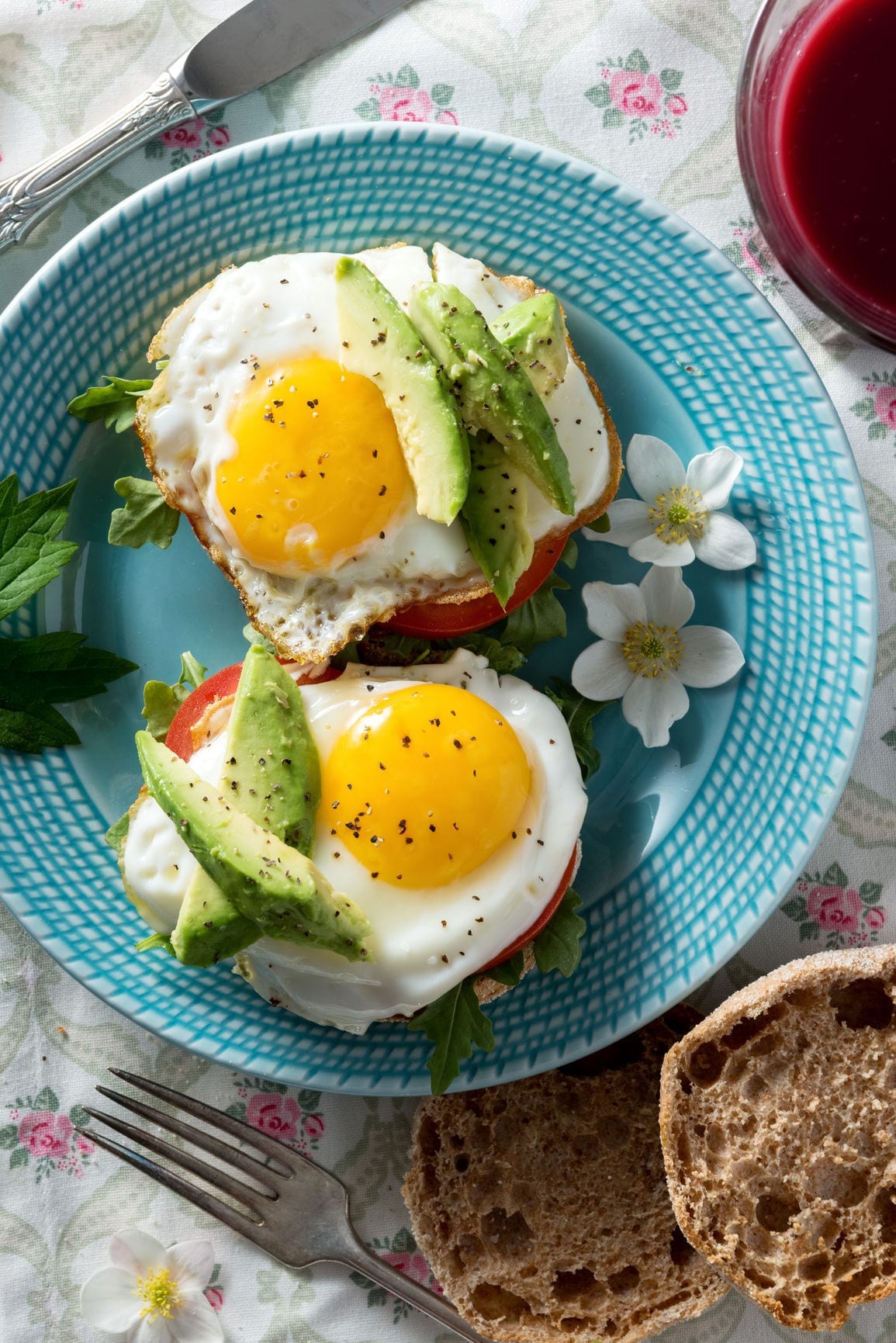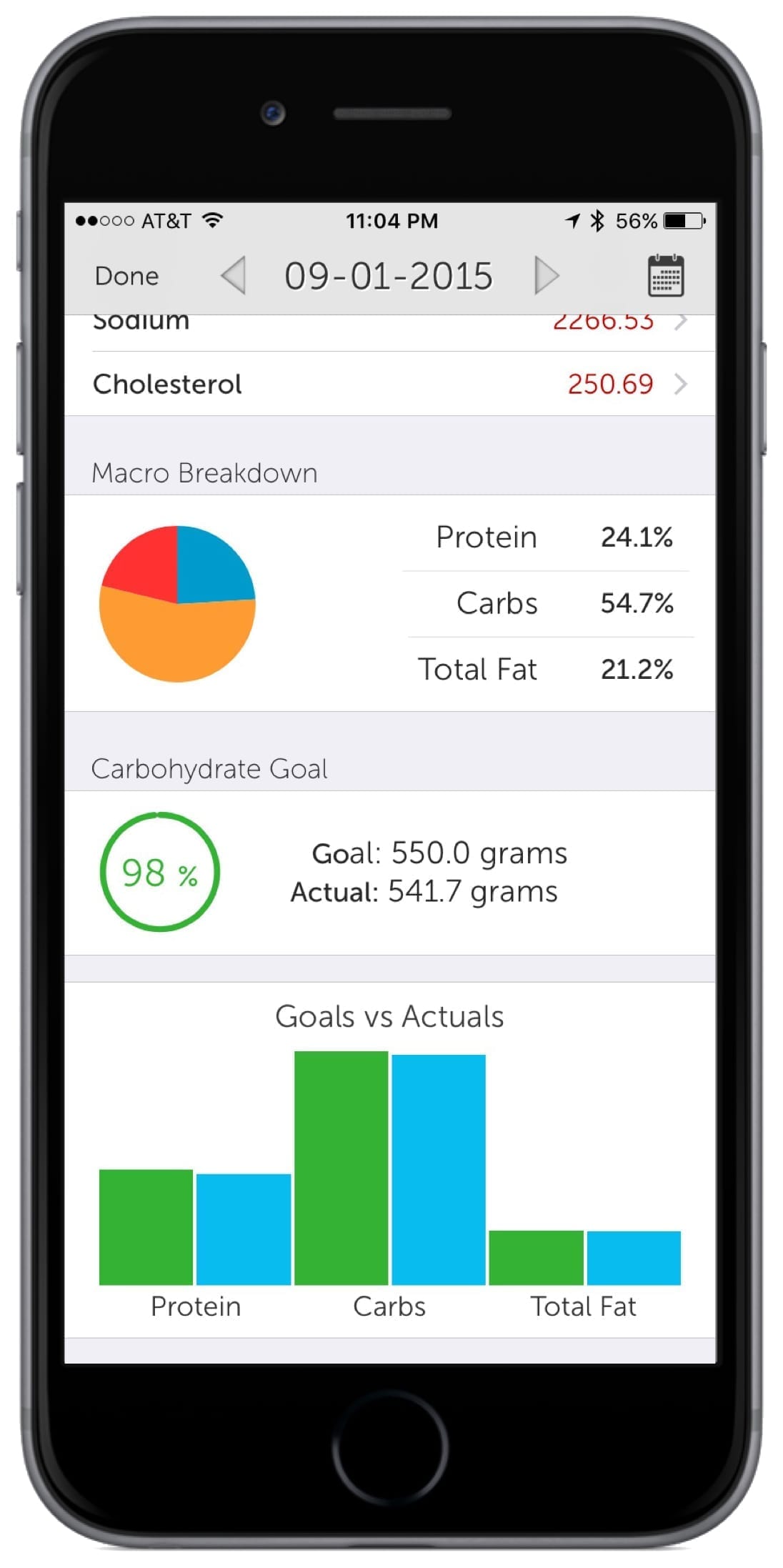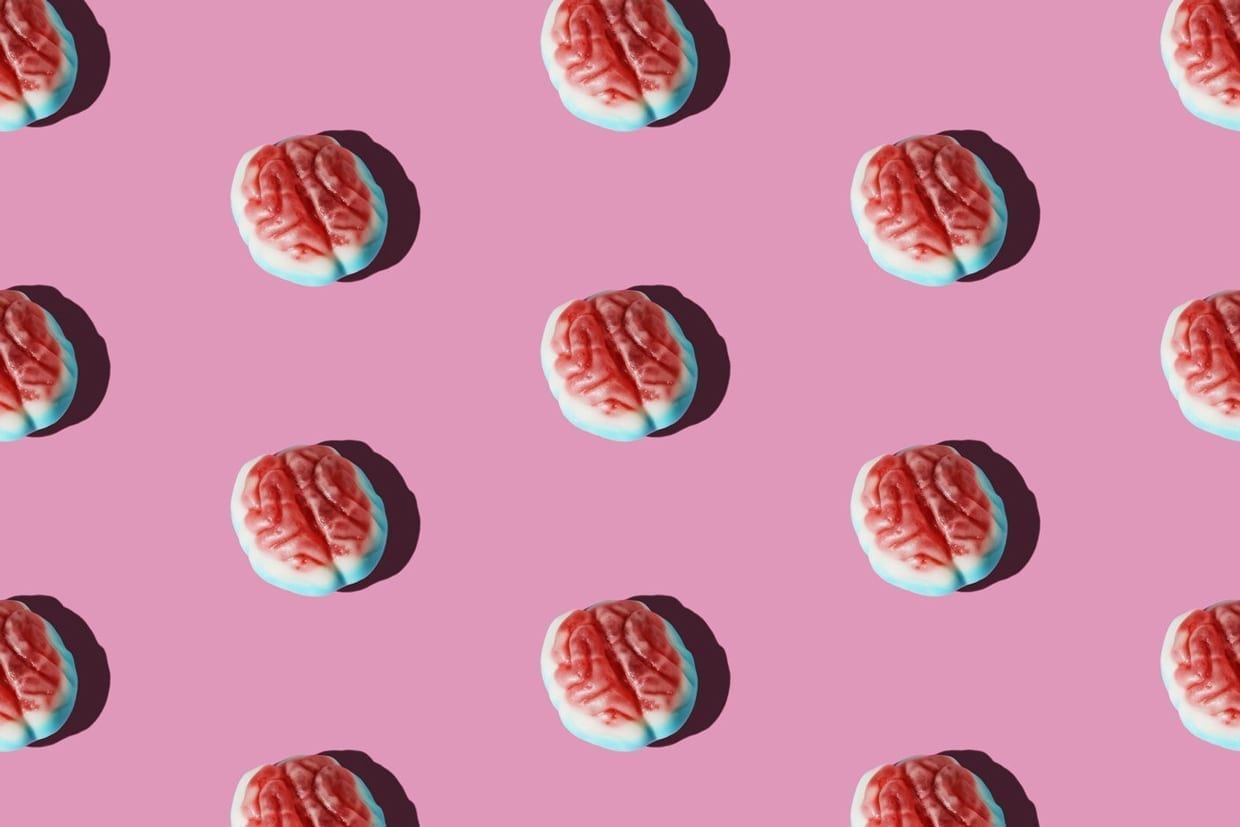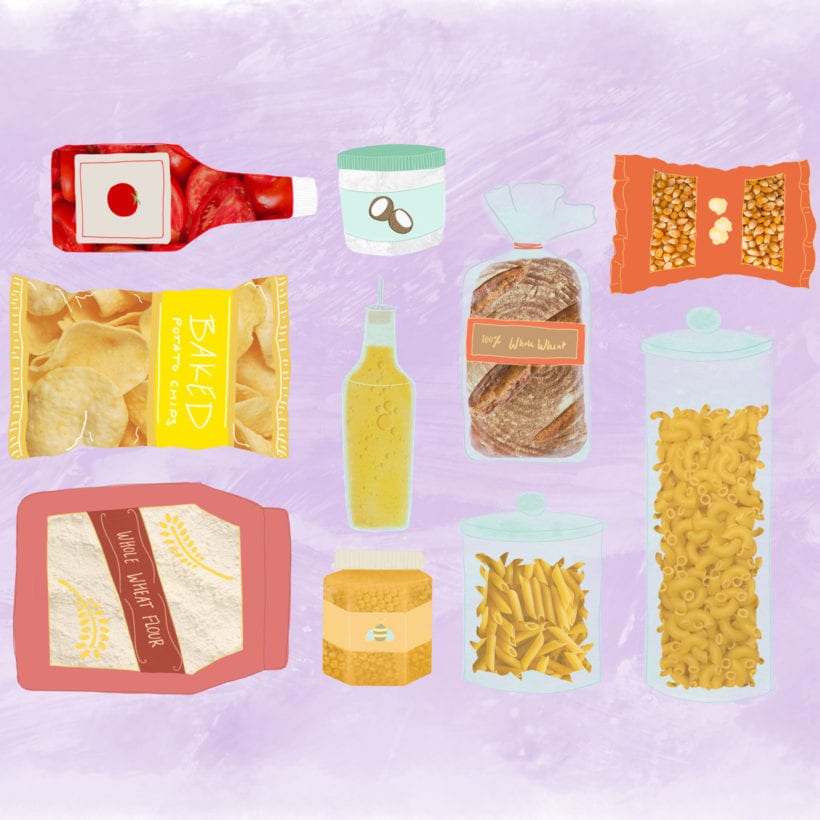The midday slump. We have all experienced that moment after lunch when our energy plummets and we mindlessly reach for that second cup of coffee or energy bar to get us through the rest of the day. According to celebrity nutritionist Charles Passler, D.C., whose clients include Bella Hadid and Adriana Lima, there are three primary things that are deficient in our system when we feel sluggish during the day: glucose, B vitamins and magnesium.
Why is it happening?
Carbohydrates are the body’s main source of energy (and the easiest to break down into glucose, so your body will seek them out when you need an energy boost). Depending on how your body breaks them down, however, it can trigger too much insulin — the hormone that regulates blood glucose — when you eat, which can leave you fatigued. Intake of carbohydrates spikes when we are sleep deprived. High carb-low protein foods have this effect because they aid in the production of too much insulin to get the carb sugars out of the bloodstream and into the cells, which then drops and leaves us more sluggish than before.
“This can lead to the brain not receiving its fair share of glucose for energy,” says Passler. “All fatigue is perceived by the brain and when the brain is fuel-deprived or nutrient-deficient, you’ll be left with an overall feeling of fatigue.” Neurologist Barry Gordon, M.D., Ph.D., of Johns Hopkins School of Medicine in Baltimore, tells Scientific American that the majority of our brain is almost always active. It is no surprise that our brains use a ton of energy, 20 percent of the body’s full haul, to be exact, which is more than any other organ. It makes sense then that when we think about our diet we think about how best to fuel our brain, not just our bodies. Because when we do, our entire energy level goes up.

Studies have found that low glycemic foods improve attention, memory and functional capacity, while foods rich in simple sugars are associated with difficulty in concentration and attention. Passler recommends we avoid the following:
- Processed or junk foods low in nutrients
- Excessive sweets, sweet drinks or alcoholic beverages that lead to insulin insensitivity and promote energy slumps
- Fried foods that contain high amounts of acrylamides — a toxic chemical that can form in foods during high-temperature cooking processes like frying, baking and roasting —that reduce your ability to produce energy in your cells
- Late-night snacks that lead to blood sugar imbalances while you sleep and can make you feel fatigued upon waking and throughout the day
Stress and other daily challenges can also deplete you of vitamins that are essential for energy production, such as B-complex vitamins, to create the stress hormones cortisol and adrenaline. But this group of vitamins are essential for optimum health and body function. For example, B12 (cobalamin) helps regulate the central nervous system, B9 (folic acid) is essential to formulate hemoglobin and improves focus and alertness, and B6 (pyridoxine) helps turn food into energy.
Lastly, magnesium is essential for energy production at a cellular level, and helps regulate protein synthesis, muscle and nerve function, and blood glucose control. Its main dietary source is green leafy vegetables, which most Americans just do not get enough of in their diet.
What Can We Do to Fix It?
“Foods and meals that slow the absorption of glucose into your body will help steady your energy levels. They contain a balance of carbs, proteins and healthy fats because glucose absorption is slowed in the presence of proteins and fats,” adds Passler. “30 percent should come from protein, 30 percent from healthy fats, and 40 percent from complex carbs. Foods like nuts are an excellent example of this. Avocado is also a great source of both carbs and healthy fats. When it comes to meals, the balance of these three macronutrient categories (proteins, carbs and fats) is also essential to maintaining energy levels.”

Apps like MyPlate and My Macros+ can help you keep track of your food intake breakdown and keep you on track for balanced meals, which give you energy and prevent you from overeating during the day. Studies also recommend consuming omega-6 fatty acids — which are associated with lowered cognitive deterioration — and vitamins B1, B6, B12, B9 and D to help improve intellectual performance.
“My favorite breakfast that covers all the bases is two poached eggs (protein & vitamin B12), a cup of steamed broccoli (magnesium), with a slice of gluten-free bread (low-allergen carb) and a heaping tablespoon of almond butter (proteins, carbs, fats and some essential minerals),” says Passler. “When you don’t have time to prepare a good breakfast like that, a chia pudding with added pea or whey protein will suffice.”
For lunch, Passler loves a good salad with lots of colorful veggies, quinoa, quality protein and a homemade oil dressing. For example, organic mixed greens (rich in magnesium and folate) with yellow and red bell peppers (rich in vitamin C and phytonutrients), quinoa (rich in protein, fiber, magnesium and folate), and sardines (good protein high in omega-3s). “My favorite healthy dressing for this salad is two tablespoons of liquid omega-3s, organic lemon, one large clove of minced garlic, and a pinch of finely chopped dill.”
Next time you are dragging, walk away from the sugary energy bars and work these foods into your meals to get healthy, natural energy boots:
- Fatty fish like Atlantic herring, Atlantic mackerel, European anchovy or sardines: They are rich in omega-3s, low in mercury and are rich in protein. The smaller the better to avoid heavy metal toxicity.
- Colorful organic vegetables: They contain antioxidants that help protect brain cells and function.
- Green vegetables: They are rich in magnesium (a major factor in energy production) and antioxidants to protect the brain.
- Nuts and nut kinds of butter: They are a balanced source of proteins, carbs and fats with the added benefit of minerals for energy production and antioxidants for brain protection.
- Organic berries: Blueberries, cranberries and blackberries are among the berries with the highest amount of brain-friendly antioxidants.
- Olive oil: It is rich in monounsaturated fats that promote healthy brain function and antioxidants. It also contains oleic acid, which has been shown to inhibit inflammation in the body.
We only recommend products we have independently researched, tested, and loved. If you purchase a product found through our links, Sunday Edit may earn an affiliate commission.







